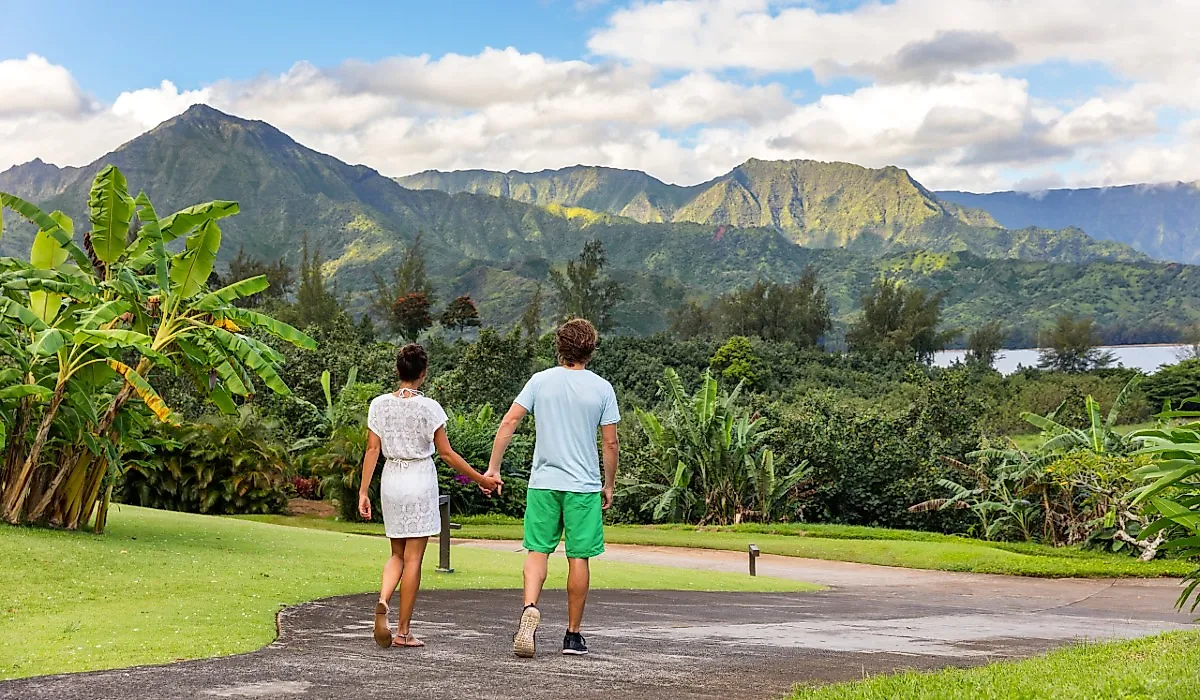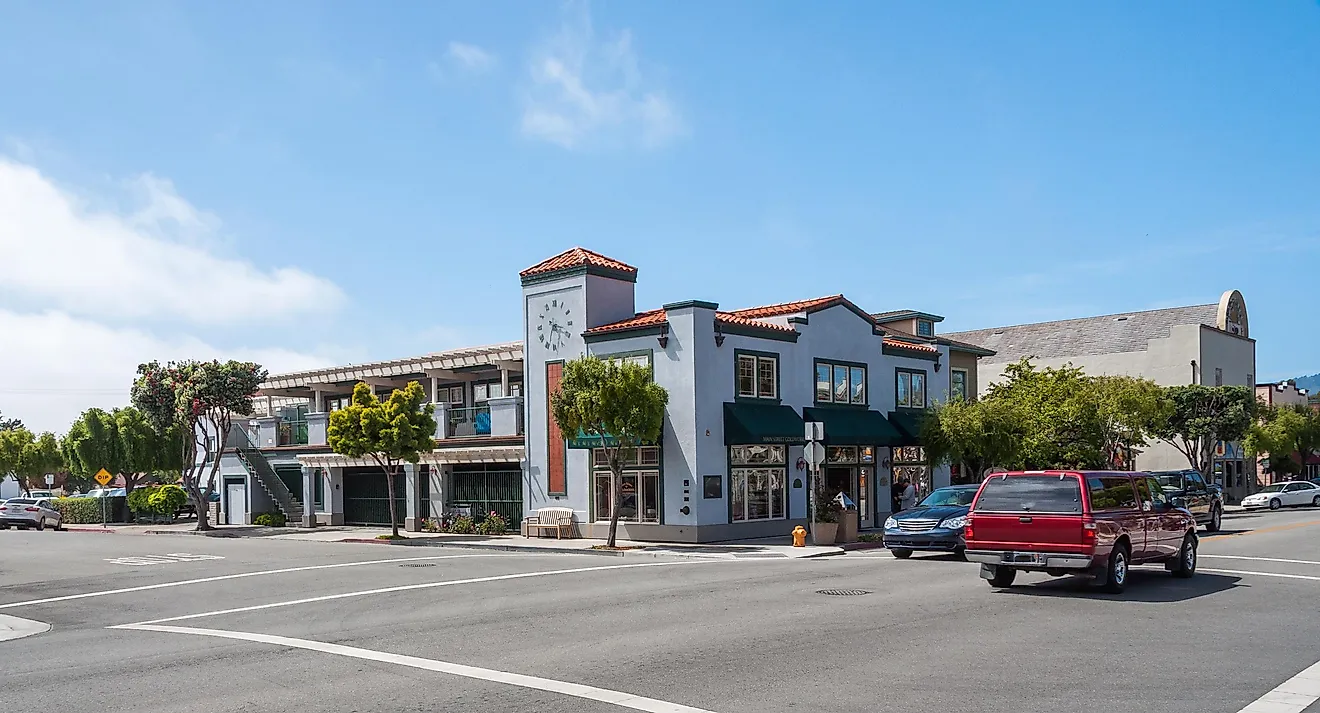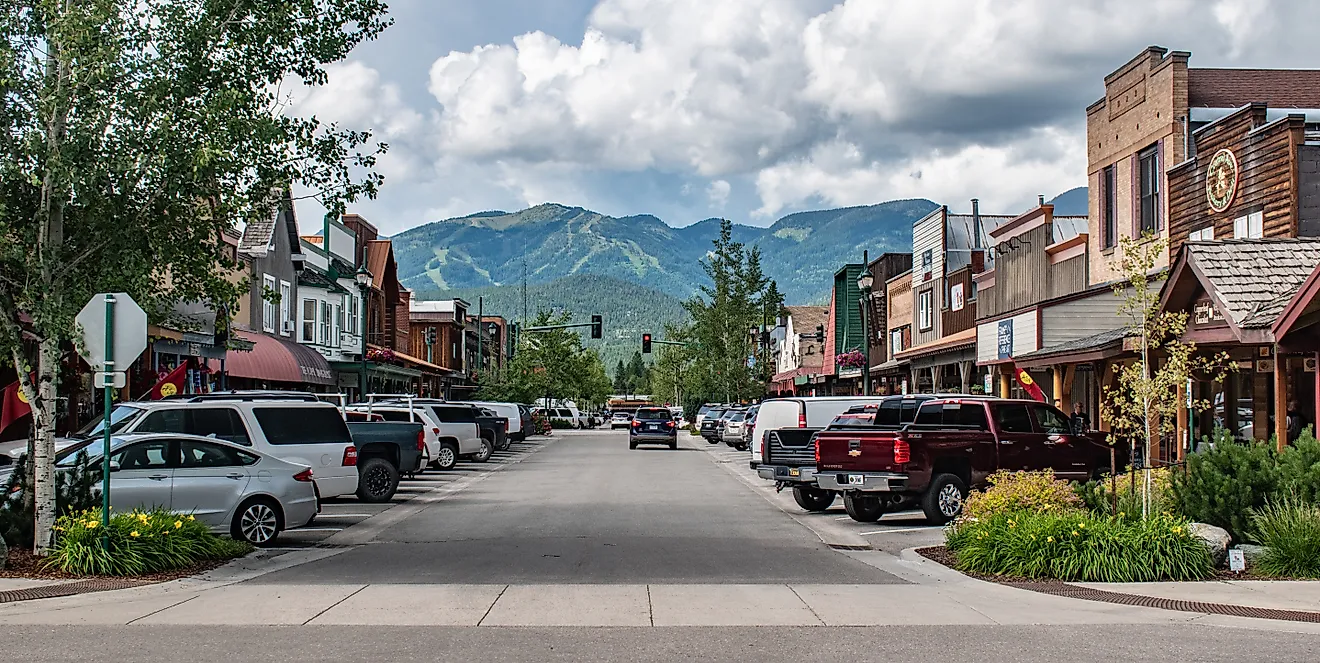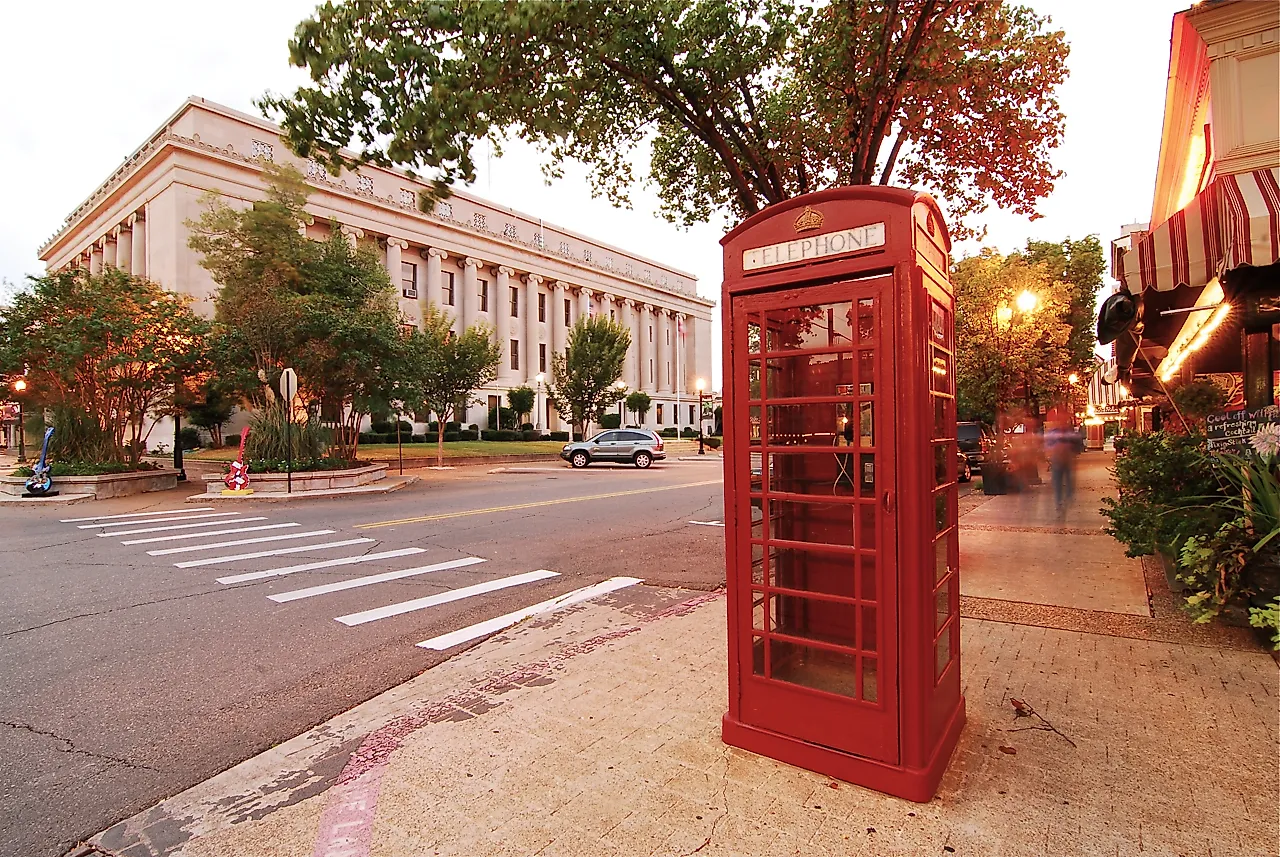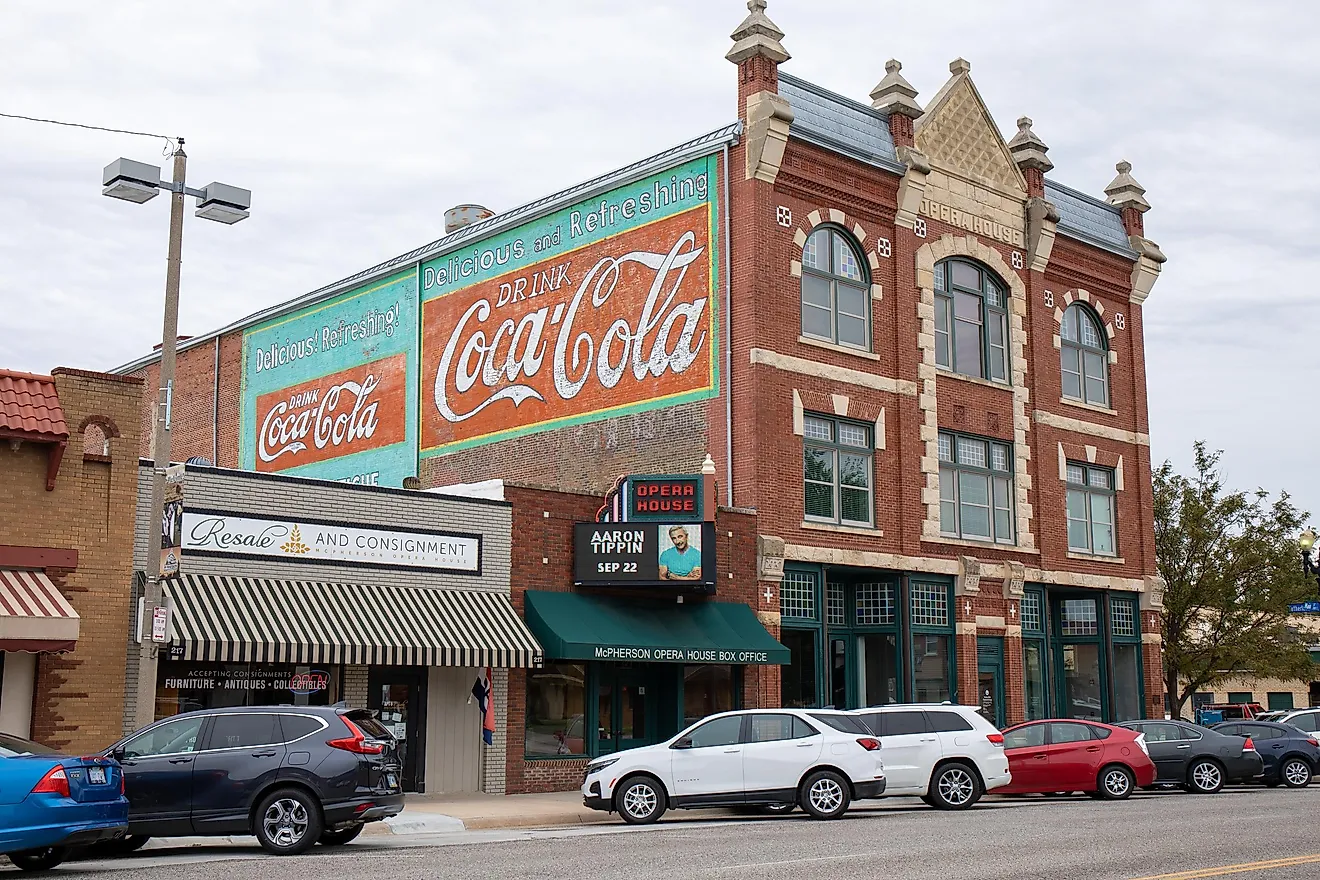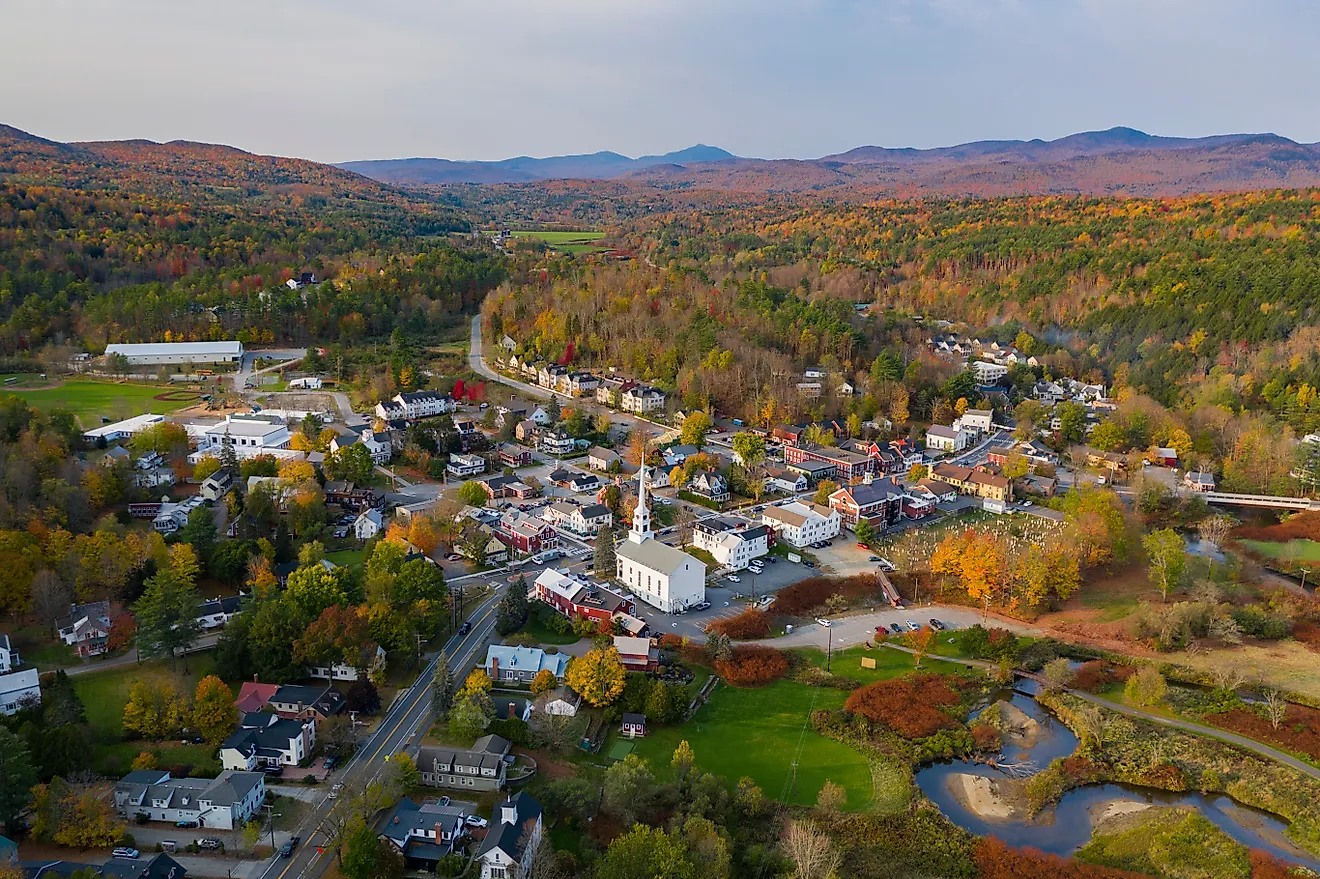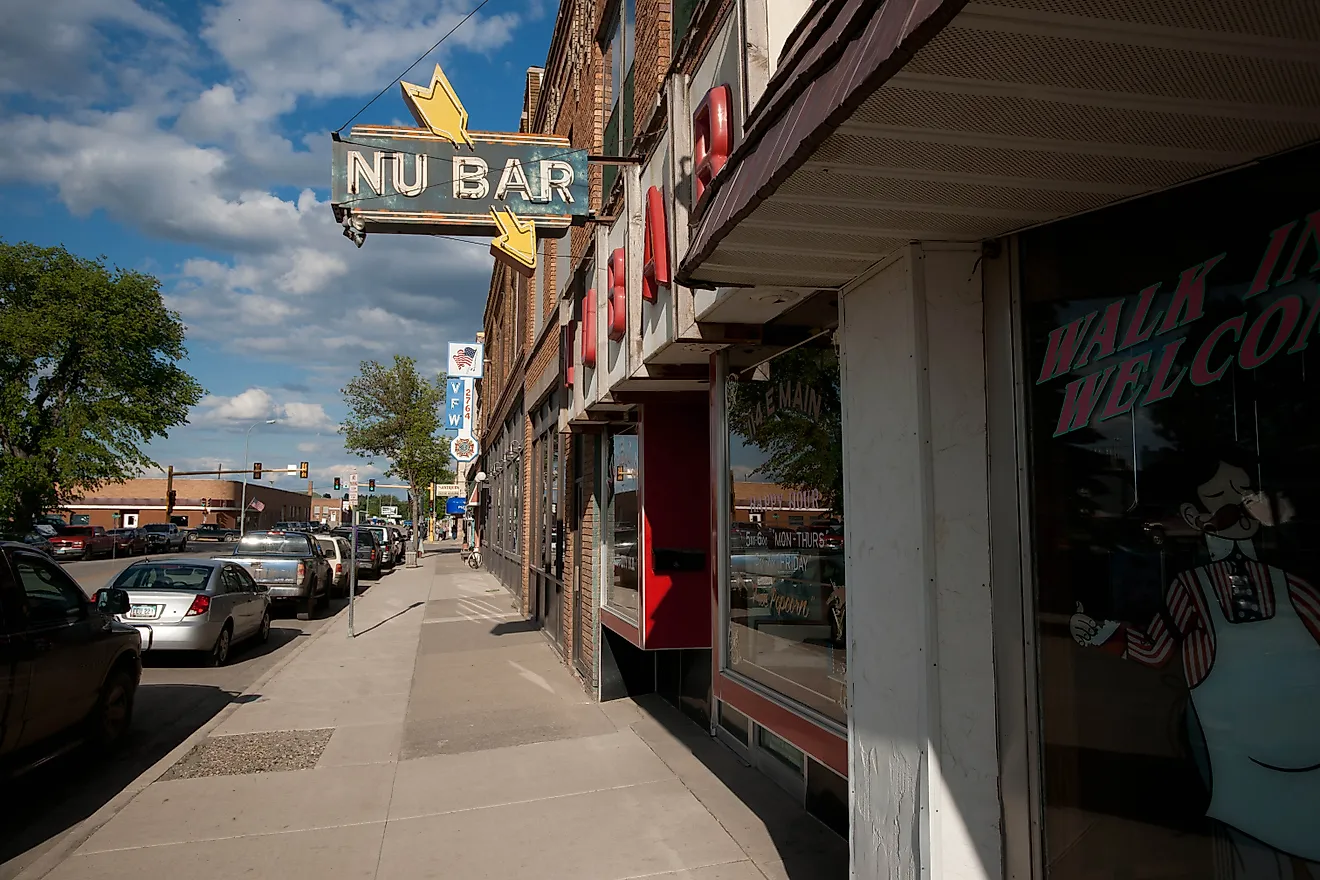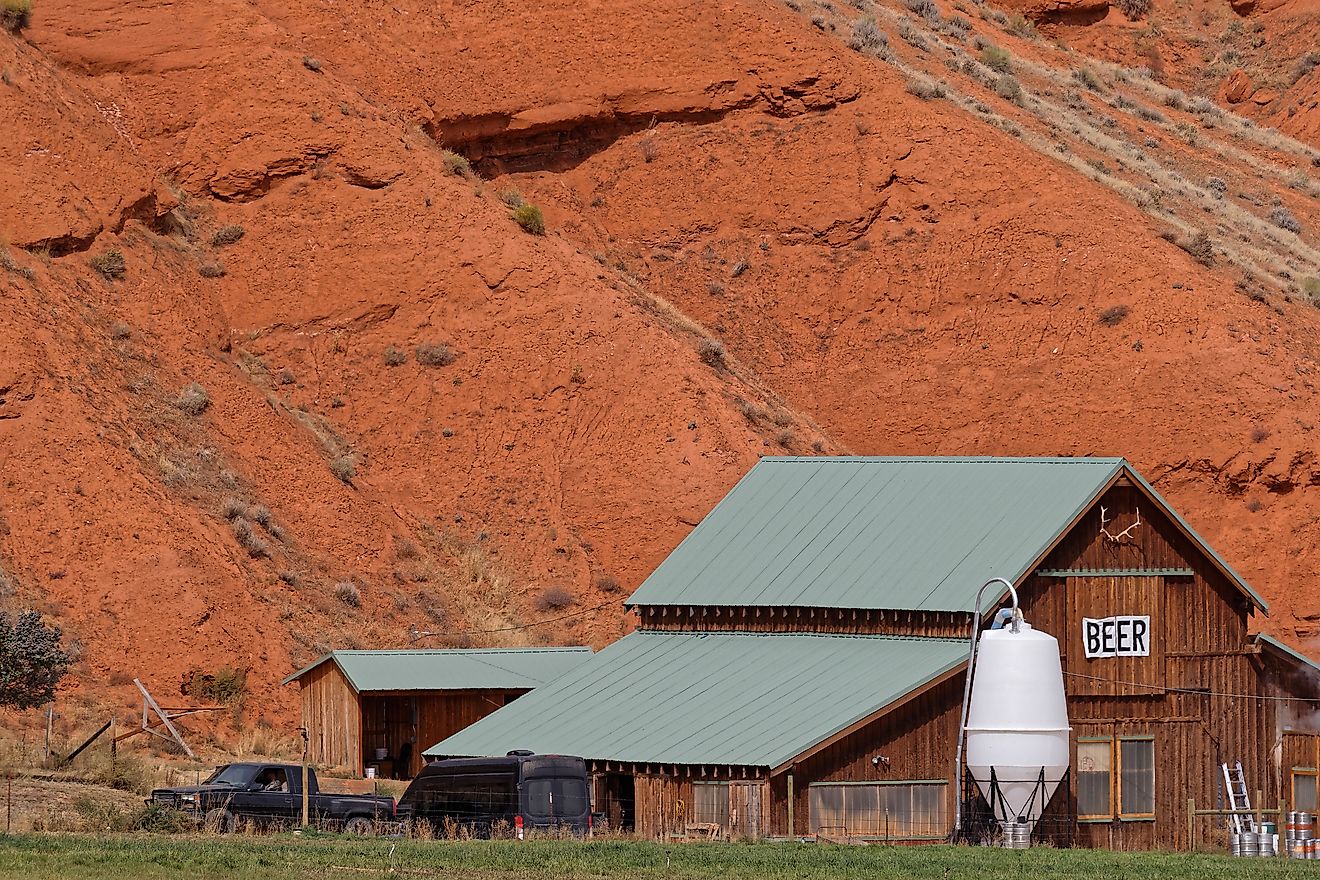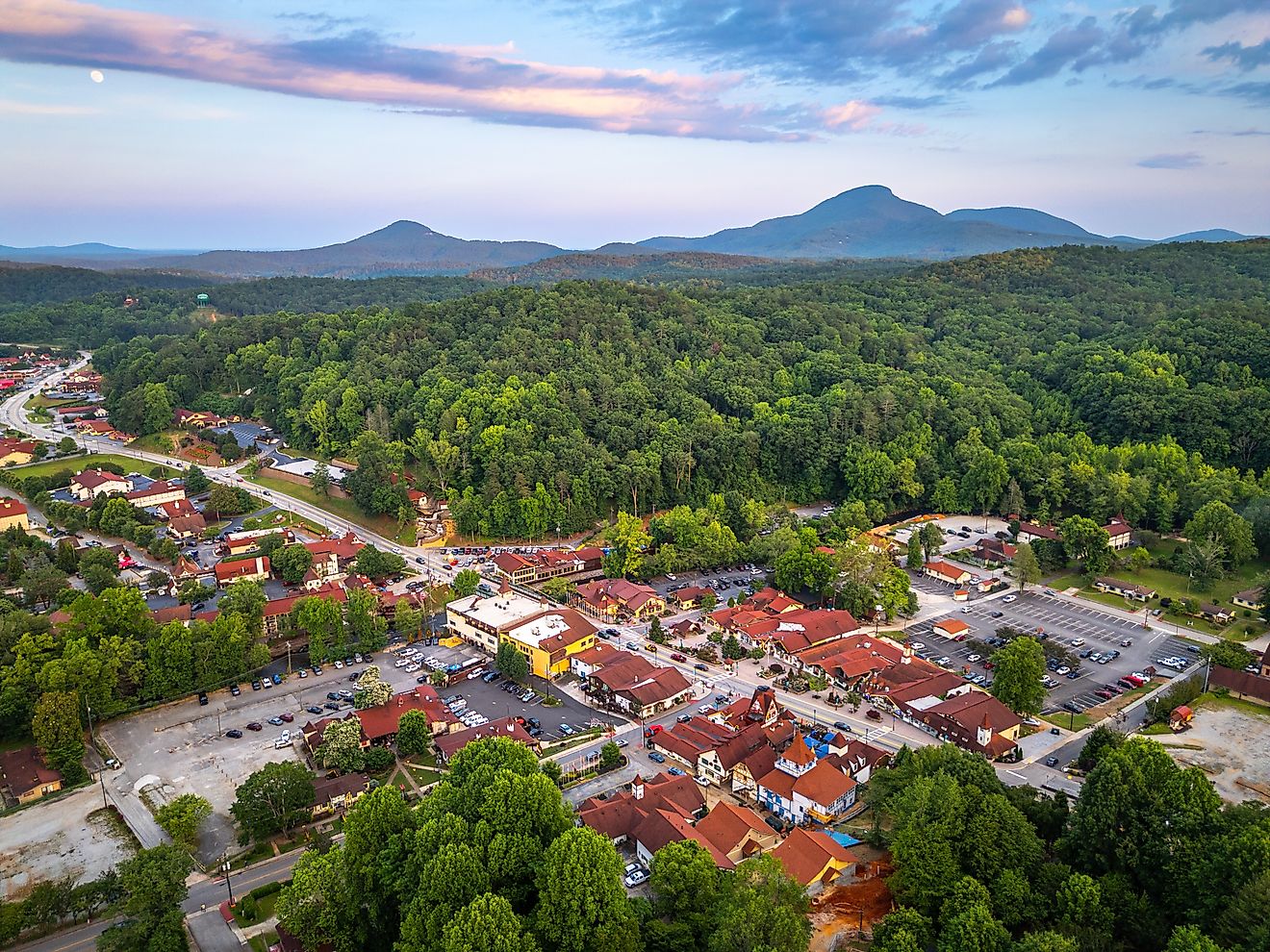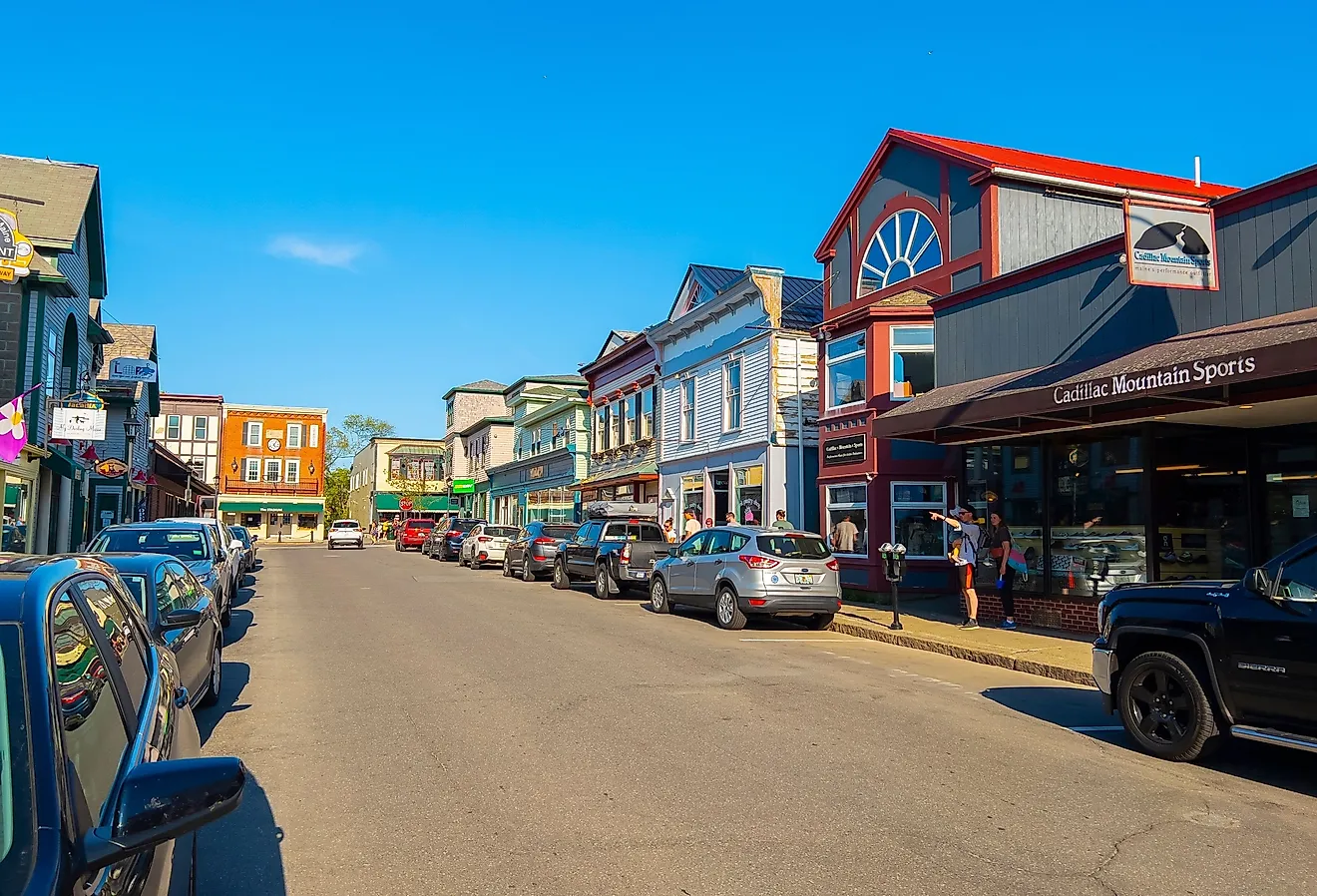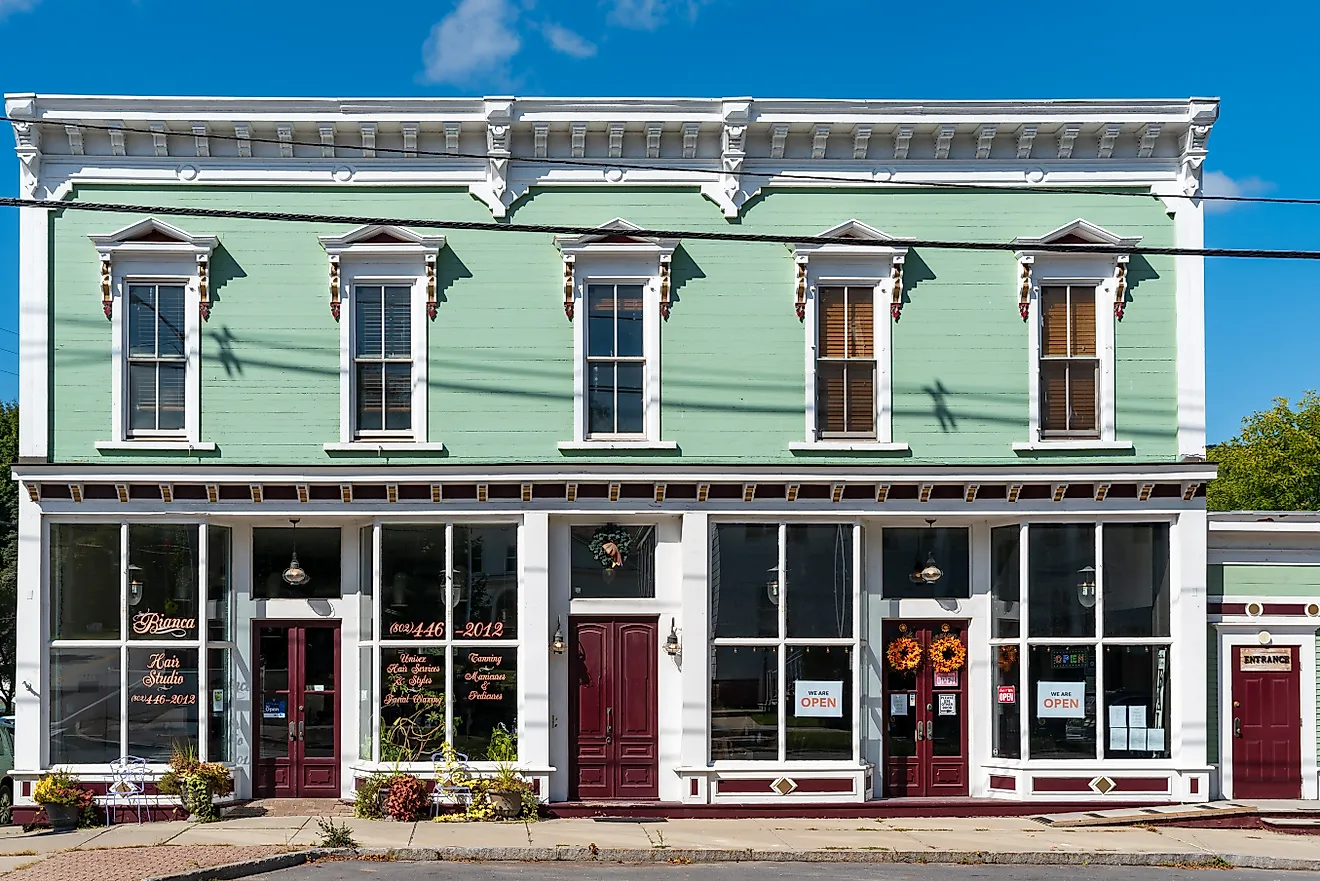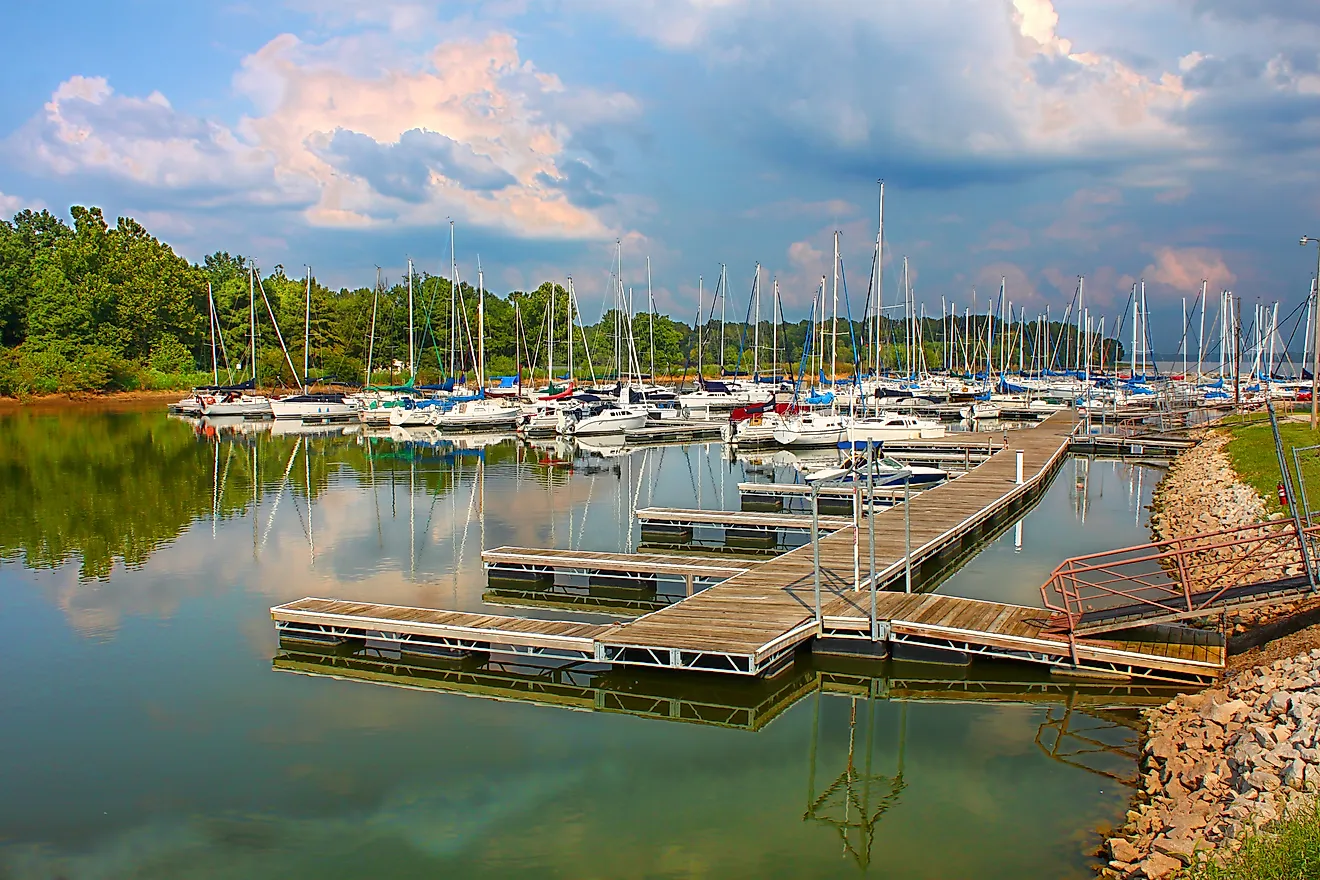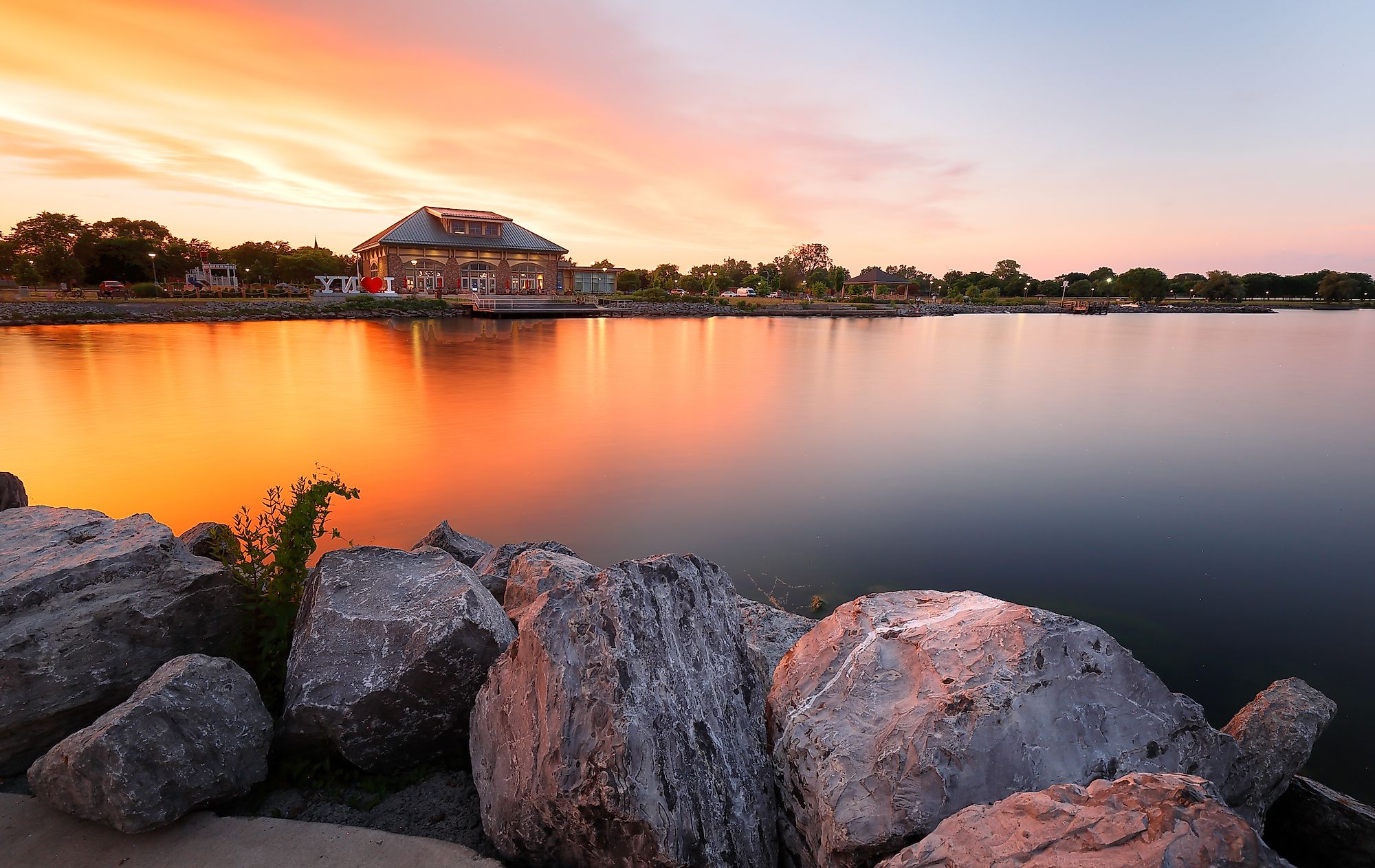
Geneva, New York
Geneva is a small lakeside city in the US state of New York. It began as a small village in the late 18th century. Farmers from different parts of the United States migrated there to take advantage of the area's fertile soil. It remained primarily an agricultural community throughout the 19th century, but in the 20th century, the city's economy became more diversified. Geneva is located in the heart of New York State's wine country, which is one reason that it has become a popular tourist destination. But tourists also come to Geneva to take in various outdoor activities and resorts.
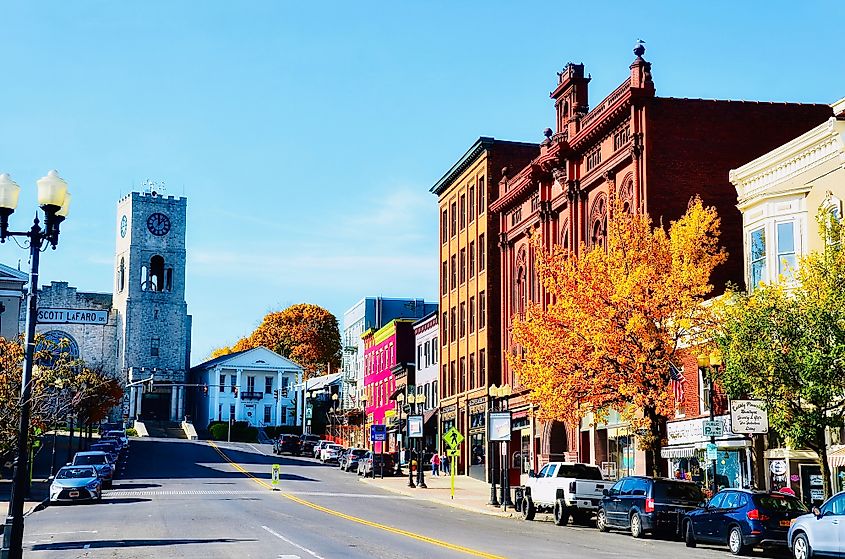
Geography Of Geneva
The city of Geneva is located in the Finger Lakes region of New York State. It is situated on the northern shore of Seneca Lake. Several smaller towns and hamlets are located in the vicinity of Geneva, including Waterloo to the east, Phelps to the northwest, and Dresden and Penn Yan to the south. The closest large cities to Geneva are Rochester to the northwest and Syracuse to the east. The city limits of Geneva bisect two counties, Ontario County and Seneca County. The land portion of Geneva is located in Ontario County, while the water portion, consisting of part of Lake Seneca, is situated in Seneca County. The Seneca Lake State Park is located adjacent to Geneva's eastern city limits. A river named Castle Creek flows through the central area of the city. Geneva has a total area of 11 sq. km.
Population Of Geneva
Geneva has a population of 12,443 residents. More than three-quarters of these residents are considered white, of which 69.7% are non-Hispanic, and 5.87% are Hispanic. African Americans comprise the second-largest racial group at 10.32% of the population. Asians and people of mixed racial heritage make up most of the rest. More than 93% of Geneva residents were born in the United States, while just over 66% were born in the city itself. Nearly 5% of the city's residents are non-citizens, most of whom come from Asia. English is the only language spoken by 84.6% of Geneva residents, while 9.6% of residents speak Spanish.
Economy Of Geneva
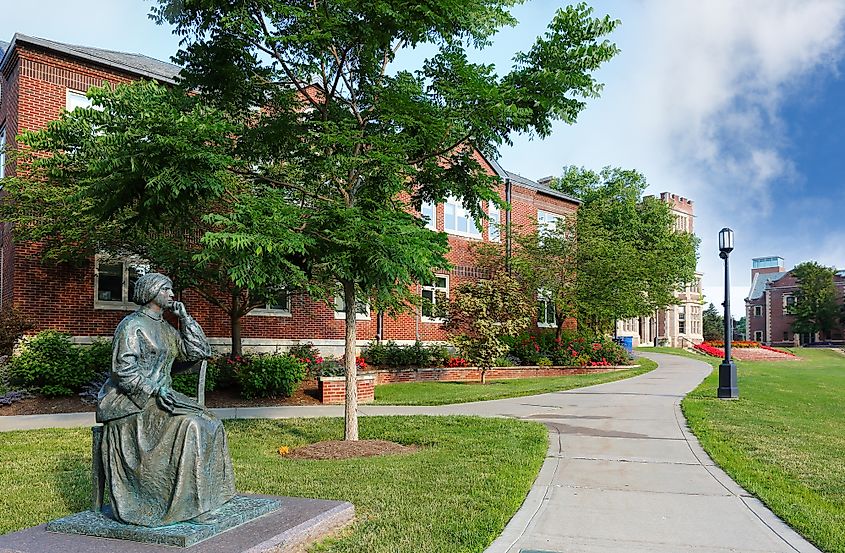
The most noteworthy industry in Geneva and the surrounding area is winemaking, which has helped make the city a popular tourist destination. The average household income in Geneva is $59,778, and the poverty rate is 18.30%. Major employers in the city include Hobart and William Smith Colleges, the New York State Agriculture Experiment Station, and Geneva General Hospital. Regarding the number of employees, the top three industries are healthcare & social assistance, educational services, and accommodation & food services.
History Of Geneva
Before the arrival of European settlers, what is now Geneva was inhabited by the Algonquin and the Seneca peoples, the latter of whom are members of the Haudenosaunee (Iroquois) Confederacy. There was a large Seneca village in the area called Kanadaseaga, which may have served as the Native American nation's capital. The name "Geneva" was first applied in 1788 to denote the current city's area. However, there is no record of why this name was chosen. One theory suggests that it was named after the city in Switzerland, which is also situated on a lakeside and is now well-known for its role as a diplomatic hub and headquarters for various international organizations. Another theory suggests that the name "Geneva" has Native American origins.
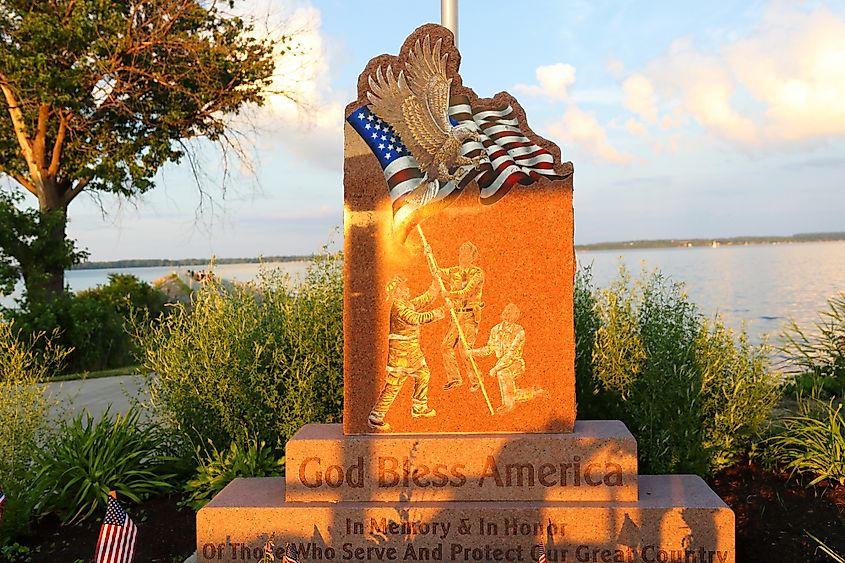
The area that became Geneva was the strategic center of Western New York. Its land was also very fertile. Initially, the northwest corner of Lake Seneca, where Geneva is now situated, was a military outpost for British Loyalists. The first settlers began moving to the area in 1792, including farmers from New England, Maryland, Virginia, eastern New York, and Pennsylvania. Geneva was incorporated as a village in 1806.
In the 19th century, Geneva was a thriving nursery and agricultural community. Plant nurseries were among the first major businesses in the community, as they were able to take advantage of the area's fertile soil. By 1875 more than 8,000 acres in and around the city were used to grow flowers, shrubbery, fruit, shade, and ornamental trees. In 1895, the City Directory listed more than 30 nursery firms. The village was incorporated as a city in 1897.
In the 20th century, Geneva's economy was more diversified and included forges, foundries, optical businesses, and agricultural businesses. There were also two military bases near the city. The military bases were eventually closed, though, and many larger businesses in the city either closed or relocated. Thus, Geneva's economy evolved to be based largely on small businesses. Some businesses, however, have been in the city for more than a century, including Vance Metal Fabricators, C. S Burrall Insurance, and Lynch Furniture.
Attractions In Geneva
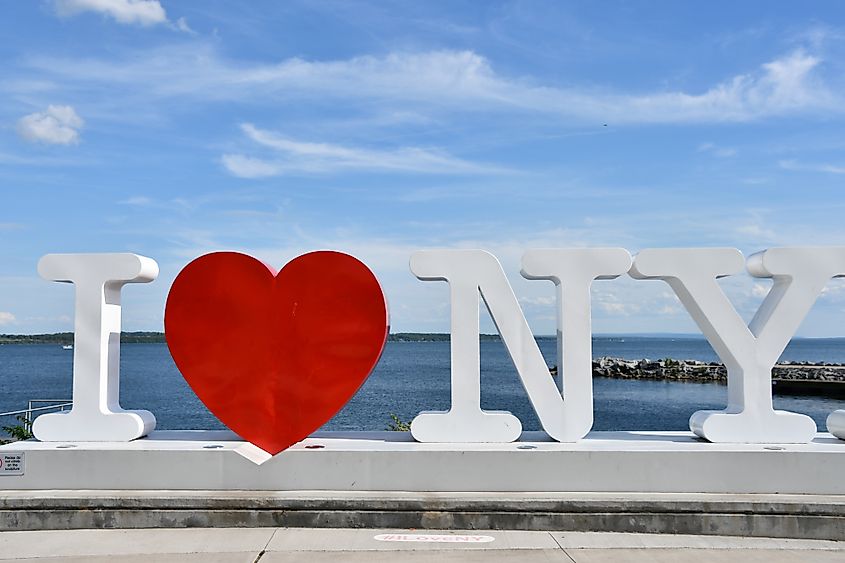
The city of Geneva has several notable landmarks. Historical sites include Belhurst Castle, Smith Opera House, and the Geneva Row Houses. Belhurst Castle was built on the site of the aforementioned Seneca village of Kanadaseaga. The castle and its grounds now include three hotels, two restaurants, a winery, a craft beer facility, and a spa. The Smith Opera House has hosted live shows since it was first built in 1894. It was restored in the early 1990s. The Geneva Road Houses, located on the city's South Main Street, resemble the historic row houses found in Boston and Georgetown. They were built in what is known as a federal style.
Visitors to Geneva looking for a good time would be wise to check out Geneva on the Lake, a AAA Four Diamond Resort built in 1914 to resemble an Italian villa. The resort offers gourmet dining, manicured gardens, classic gardens, and access to boats. Another notable outdoor attraction is Seneca Lake State Park, a lakeside park that provides facilities for swimming, boating, biking, hiking, and picnicking. The park also features a disc golf course and two marinas. There is also a conservation area called the Kashong Conservation Area, located south of Geneva on the western shore of Lake Seneca. This conservation area includes 83 acres of nature trails suitable for activities like hiking, cross-country skiing, and snowshoeing. Geneva is also famous for its fishing. In fact, it has been nicknamed the "Lake Trout Capital of the World." It is home to the annual National Lake Trout Derby on Seneca Lake, attracting anglers from across the United States and Canada.
